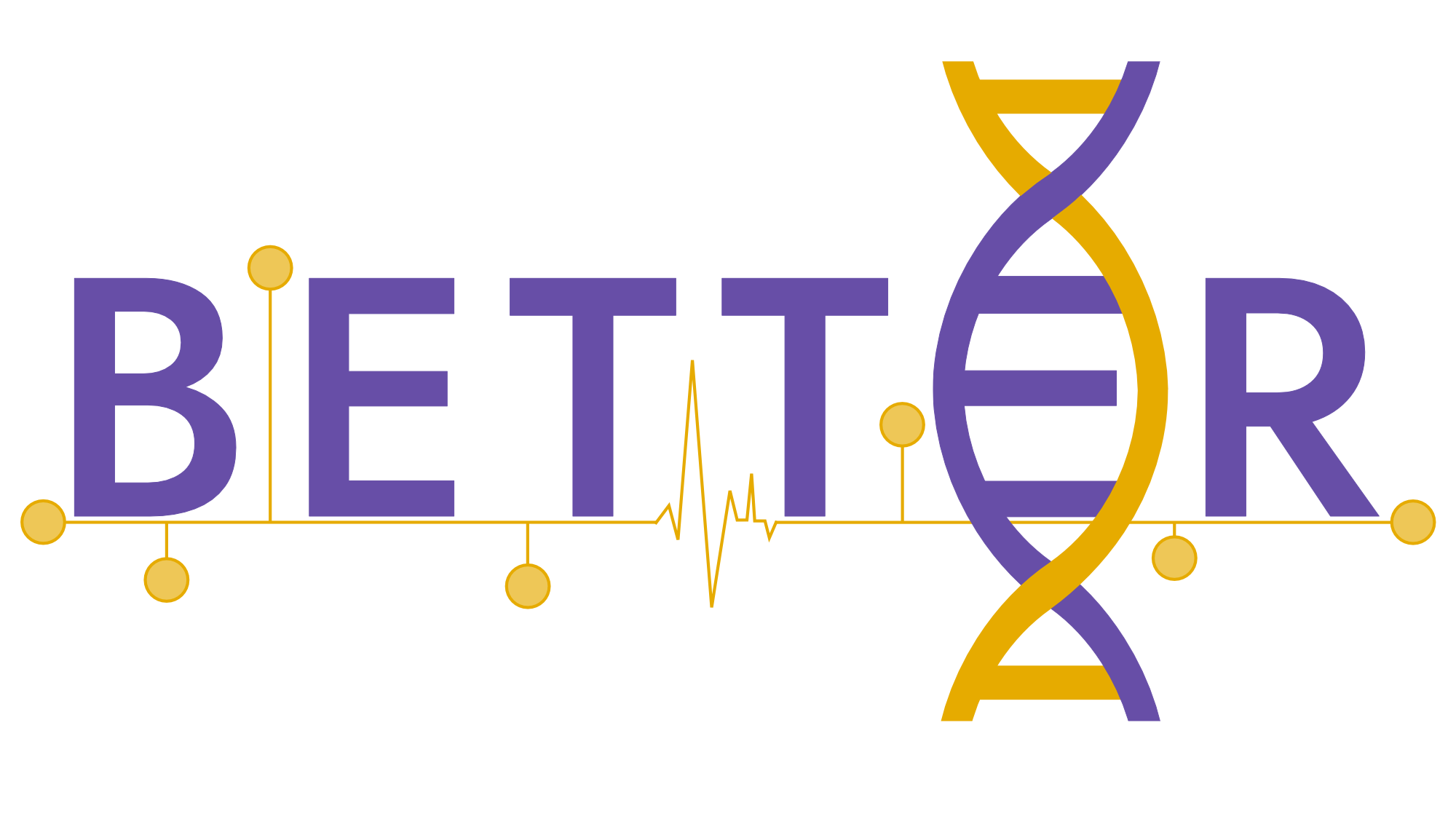Fundació de Recerca Sant Joan de Déu - Hospital Sant Joan de Déu
Global Collaboration in Rare Disease Research: The Promising Future of the BETTER Project
13/11/24 10:41
Studying rare diseases presents unique and substantial challenges for the scientific community. One of the most significant obstacles is the limited number of cases available, which restricts the formation of large patient cohorts needed for meaningful and robust studies. Additionally, the limited understanding of these diseases creates diagnostic difficulties for clinicians, often leading to potential misdiagnosis or late diagnosis. This, in turn, postpones the initiation of effective treatments and hampers comprehensive research.
Many of these rare diseases have a genetic component and recent advancements in genome sequencing have been pivotal for the study of these conditions. The availability of detailed genomic data has enabled researchers to investigate the underlying causes of many rare diseases with unprecedented precision, significantly improving diagnostic accuracy. While small patient population remains as a major challenge, genomic research is opening new paths to understand disease mechanisms and enabling the discovery of new biomarkers, therapeutic targets, and personalized treatments tailored to each patient’s genetic profile.
One effective and promising solution to this challenge is the establishment of international networks that facilitate the secure sharing of genetic and phenotypic information among various research institutions. Such collaboration across countries and specialized centers, can lead to the generation of more extensive and valuable databases, which will enhance the ability to analyse genetic and phenotypic patterns within larger patient cohorts. The BETTER project is committed to addressing this issue, with a primary goal of enabling the secure and efficient use of genetic and phenotypic information across diverse research institutions and medical centers, without the need to share sensitive data.
Many of these rare diseases have a genetic component and recent advancements in genome sequencing have been pivotal for the study of these conditions. The availability of detailed genomic data has enabled researchers to investigate the underlying causes of many rare diseases with unprecedented precision, significantly improving diagnostic accuracy. While small patient population remains as a major challenge, genomic research is opening new paths to understand disease mechanisms and enabling the discovery of new biomarkers, therapeutic targets, and personalized treatments tailored to each patient’s genetic profile.
One effective and promising solution to this challenge is the establishment of international networks that facilitate the secure sharing of genetic and phenotypic information among various research institutions. Such collaboration across countries and specialized centers, can lead to the generation of more extensive and valuable databases, which will enhance the ability to analyse genetic and phenotypic patterns within larger patient cohorts. The BETTER project is committed to addressing this issue, with a primary goal of enabling the secure and efficient use of genetic and phenotypic information across diverse research institutions and medical centers, without the need to share sensitive data.
Interview with Francesc Palau
29/10/24 15:49
Leader of use case 1, a medical doctor with a PhD degree in human genetics. The head of the genetic medicine department at the San Joan de Déu Children's Hospital in Barcelona, Spain. Francesc Palau Martínez is another vital part of the BETTER Project, where his specialisation and experience is indispensable!
Watch his interview to hear more about Francesc’s role, his motivation and expectations for the BETTER project.
Watch his interview to hear more about Francesc’s role, his motivation and expectations for the BETTER project.



